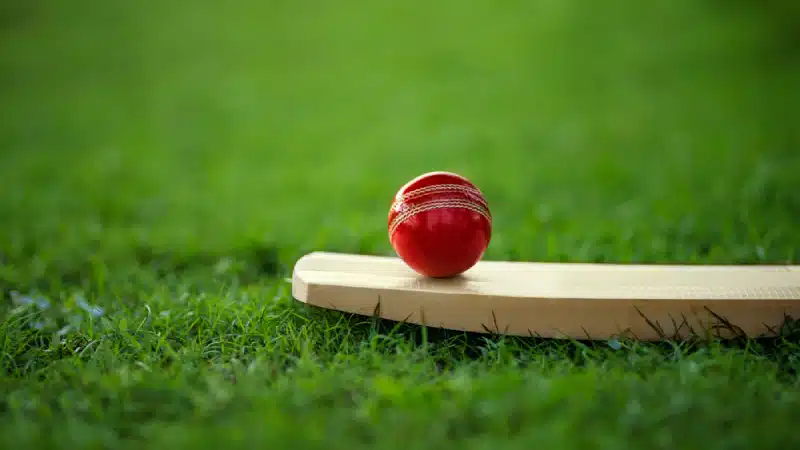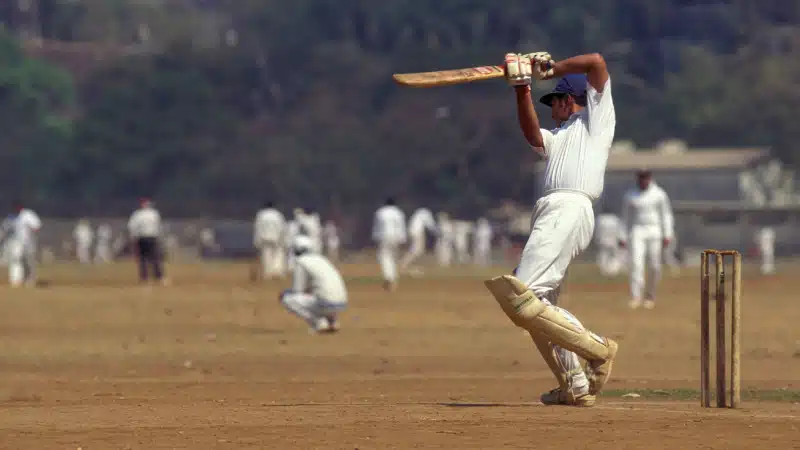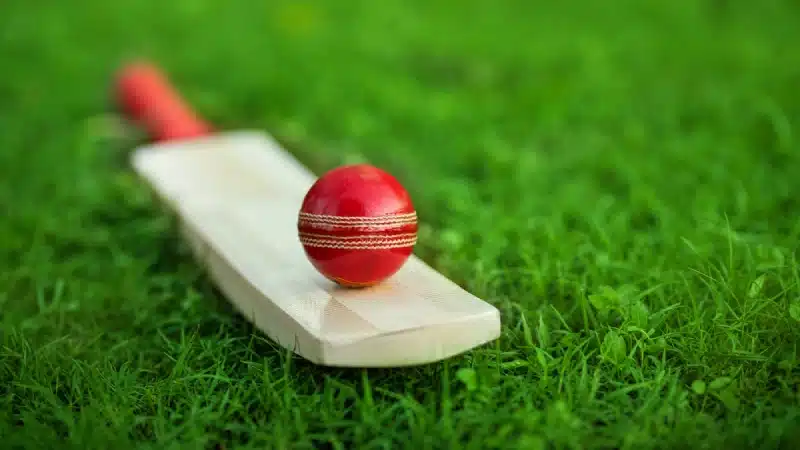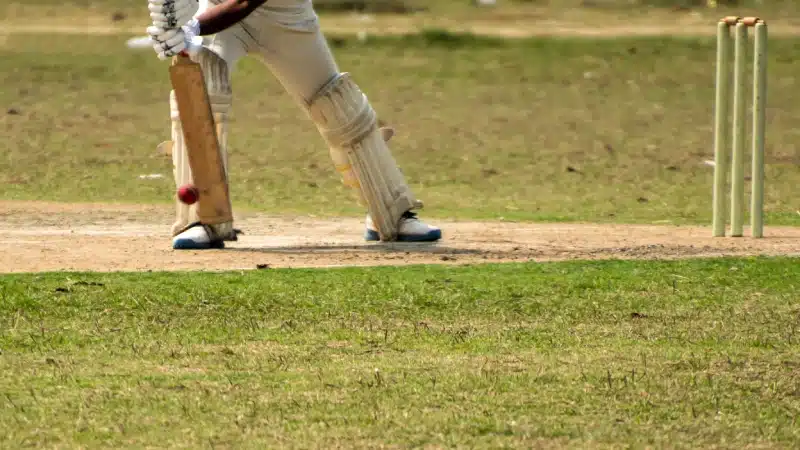
The immediate mention of the Indian cricket team players participating in an ICC tournament invites a wildfire of emotions.
India’s ODI legacy began in an ICC tournament when they won the 1983 Cricket World Cup. Fast forward to 2002, the Men in Blue registered their maiden success in the ICC Champions Trophy, albeit co-sharing the honour with Sri Lanka as the final was abandoned due to rain not just once, but twice. This went down in the record books as India’s second win in an ICC tournament.
In 2007, the Indian cricket team players, led by a debutante captain in MS Dhoni, pulled off one of their greatest victories in the sport when they beat arch-rivals Pakistan to win the inaugural ICC T20 World Cup.
And then, the biggest moment of the Indian cricket team players’ careers came in 2011 as they became the first host country to win the ICC Cricket World Cup. The victory ended Team India’s 28-year-wait to take home cricket’s holy grail.
Despite India’s trophy-laden tenure since 2007, there are only four players who have won all three ICC tournaments in their respective careers, and we take a look at them:
Mahendra Singh Dhoni
MS Dhoni is, by far, the greatest captain the Indian cricket team has ever produced, and is currently the only skipper in the cricket world to have won the ICC Cricket World Cup, ICC Champions Trophy and the ICC T20 World Cup.
In the 2007 T20 World Cup semi-final, MS Dhoni carried the momentum set by Yuvraj Singh and Robin Uthappa’s 84-run partnership by smashing an 18-ball 36 that helped the Indian cricket team post a target of 189 for Australia to chase. Needless to say, it ended up being the newly-appointed Indian skipper’s best performance in the competition.
Four years down the line, in the 2011 Cricket World Cup final, MS Dhoni played the greatest knock of the tournament (91 runs off 79 balls) and scripted a new role as a finisher when he scored the winning runs against Sri Lanka with a picturesque six, that remains fresh even today in the minds of Indian cricket fans.
A composed figure who didn’t hesitate to take surprise decisions during his spell as a skipper in international cricket, Dhoni established as a role model for the current and future Indian cricket team players.
Yuvraj Singh
If you want a match-winner, a prolific middle-order batsman, an athletic fielder and an effective slow bowler in one package, you have a quintessential player called Yuvraj Singh.

The former Indian all-rounder, who played little part in India’s 2002 ICC Champions Trophy triumph, single-handedly laid the platform for the Indian cricket team’s road to victory in the 2007 T20 World Cup and 2011 Cricket World Cup and is highly regarded for his then-world record of six sixes in a T20I match. Additionally, he is also remembered for his match-winning performance in the 2011 World Cup quarter-finals against Australia where he scored an unbeaten 57 under immense pressure to book India’s meeting with Pakistan.
At the time he hung up his boots, Yuvraj Singh had already cemented himself as one of India’s greats.
Harbhajan Singh
Harbhajan Singh is one of the biggest pioneers of spin bowling, and also one of the greatest figures for the Indian cricket team players in dire situations.
Having played under two captains, Sourav Ganguly and MS Dhoni, Bhajji, as he was fondly called, produced economical performances in the 2002 ICC Champions Trophy and used that experience to champion the cause in the Men in Blue’s T20 World Cup campaign in 2007 and the victorious 2011 Cricket World Cup campaign.
He may not have been a perennial match-winner, Harbhajan Singh nevertheless proved his mettle when it mattered and has etched his name in history as fifth-highest wicket-taker in ODI cricket (265 wickets).
Virender Sehwag
The Nawab of Najafgarh was the pillar of India’s batting order and played a significant role in the Indian cricket team’s triumphs in the ICC’s three major tournaments.
Virender Sehwag finished as the leading run-getter in the 2002 ICC Champions Trophy, hitting 271 runs. His transition to the T20I format was certainly not up to his standards as he aggregated 167 runs with just one 50-plus score in the 2007 T20 World Cup and missed out on a place in the final against Pakistan due to injury. And in the 2011 Cricket World Cup, Virender Sehwag hit the highest score of the competition in the opening game against Bangladesh (175). Stitching formidable partnerships with Sachin Tendulkar throughout the tournament, the opener finished with 380 runs at a strike rate of 122.58.
Feature image courtesy: AFP / Indranil Mukherjee






















